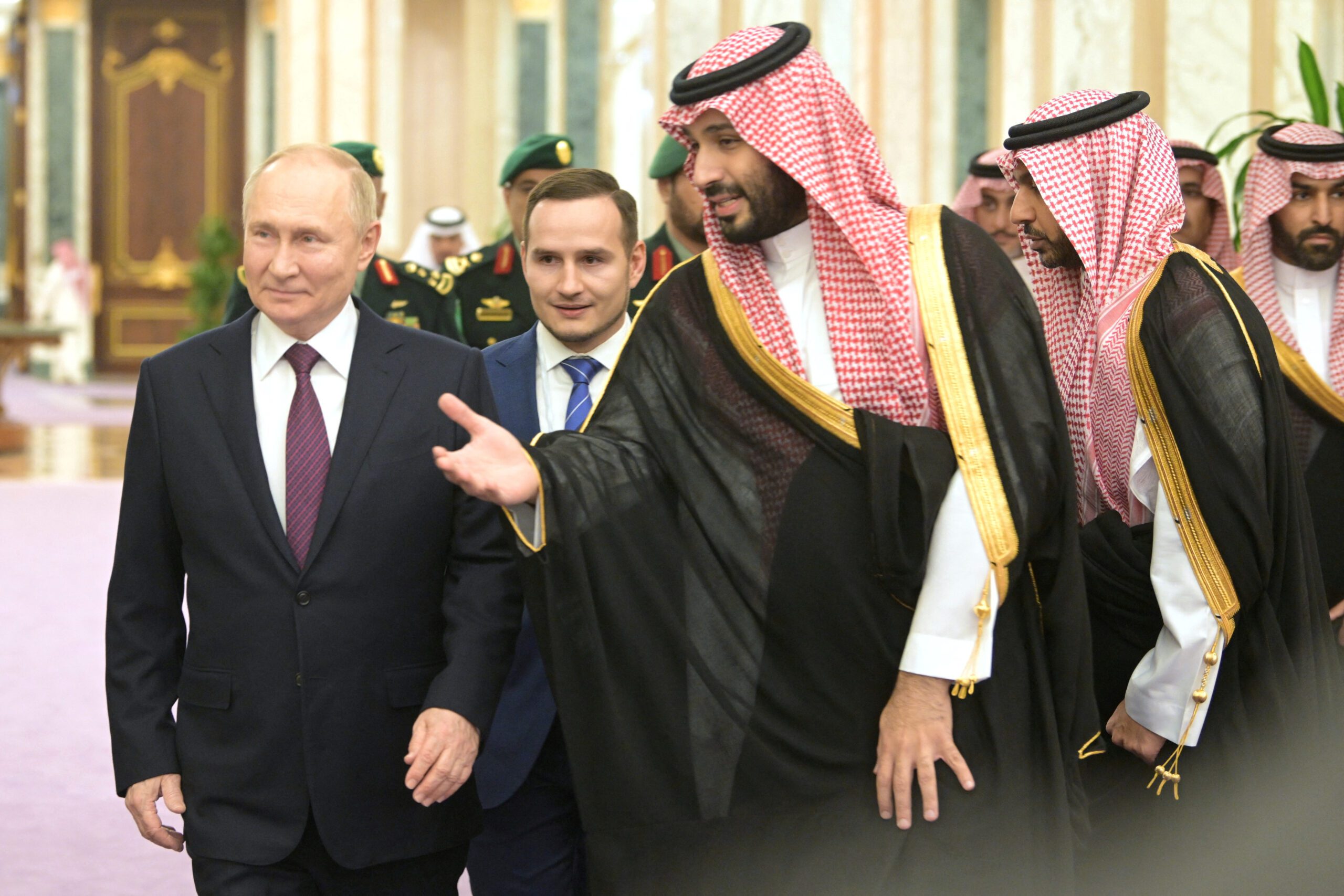Divisive former president who ruled from 1990-2000 and is now 85, freed from jail on humanitarian grounds.
On a historic day in Peru, former President Alberto Fujimori, an influential yet deeply divisive figure, was released from Lima’s Barbadillo prison after serving 16 years of a 25-year sentence for human rights abuses during his presidency in the 1990s. The release came following a contentious decision by the country’s highest court to reinstate a pardon granted in 2017 on humanitarian grounds.
Fujimori, now 85 years old, left the prison to throngs of supporters who had gathered outside. Among them were his two children, Keiko and Kenji, both prominent figures in Peruvian politics. The former president, of Japanese heritage, led Peru from 1990 to 2000 and has left an indelible mark on the nation, with opinions sharply divided.
Supporters’ Perspective:
Many of Fujimori’s supporters credit him with saving Peru from the grips of the Shining Path armed group and averting economic collapse. They view his rule as a period of stability and economic growth. For them, Fujimori’s release is a vindication of his legacy, and they believe the country owes him gratitude for steering it through tumultuous times.
Criticisms and Human Rights Concerns:
However, critics argue that Fujimori’s presidency was marked by abuses of democracy and atrocities committed during the government’s campaign against the Shining Path. The former president was convicted in 2009 for ordering the killing of 25 people in 1991 and 1992. The decision to release him has faced criticism from both the Inter-American Court of Human Rights and the families of his victims.
Legal Background and Pardon Controversy:
Alberto Fujimori had been extradited from Chile in 2007 and subsequently sentenced. In December 2017, then-President Pedro Pablo Kuczynski granted him a pardon, a move that faced opposition from various quarters. Lower courts had repeatedly annulled or suspended the pardon due to pressure from human rights organizations and victims’ families.
Health Concerns and Legal Challenges:
Fujimori’s release on humanitarian grounds is tied to his deteriorating health, marked by recurrent respiratory, neurological, and hypertension problems, along with a history of tongue cancer. Despite this, he faces other legal challenges, having pleaded guilty to bribery charges, accusations of spying on rivals during his presidency, and investigations related to forced sterilizations during his final years in power.
Continued Divisions and Legal Uncertainties:
The release of Alberto Fujimori reignites the longstanding divisions among Peruvians regarding his legacy. While some see him as a savior, others view him as a symbol of autocracy and human rights abuses. The constitutional court’s ruling, which cannot be appealed, adds another layer of complexity to the country’s political and legal landscape.
In the aftermath of his release, Peru will grapple with reconciling the contrasting narratives surrounding Fujimori’s presidency, all while navigating the legal intricacies of his past actions. The former president’s return to freedom marks a pivotal moment in Peru’s history, prompting reflection on the nation’s complex relationship with its past leaders.
















